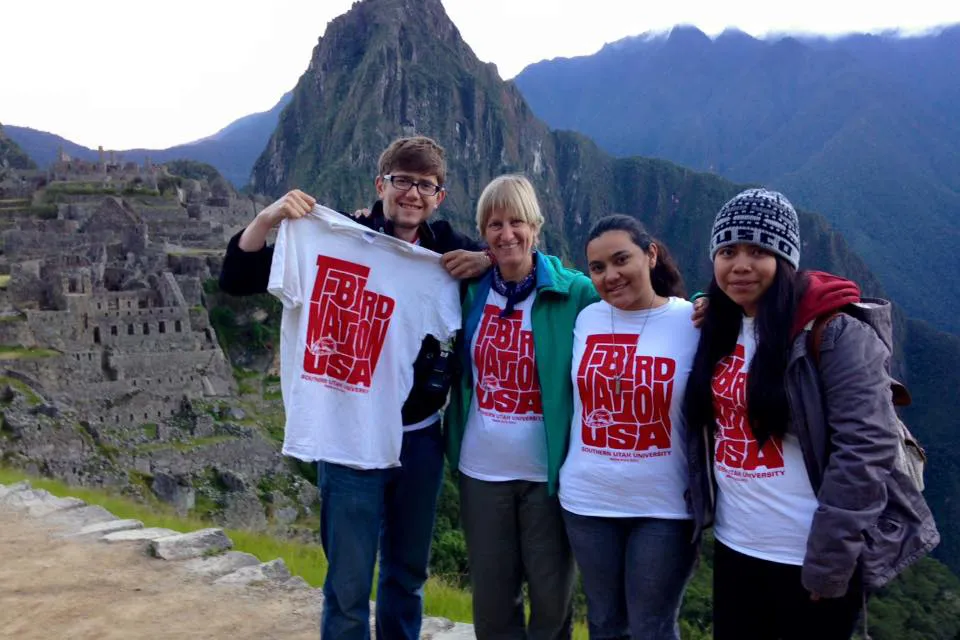Bachelor’s Degree in Anthropology
Anthropology is the fascinating study of human beings, from their origin and development, to their cultures, customs, and creativity.
At SUU, anthropology students engage in archaeological, biological, and cultural analysis, gaining practical knowledge and skills through experiential and service learning. SUU's Anthropology program emphasizes critical thinking, scientific literacy and ethical reasoning with impactful research influencing societies and individuals.
College: Humanities & Social Sciences
Department: History, Sociology, Anthropology

Careers for Anthropology Majors
Anthropology graduates excel in diverse careers, including as archaeologists for both the government and private sector, forensic scientists for law enforcement agencies, museum educators and curators, interpretive rangers for the National Park Service, user-experience researchers for businesses, and development officers for international non-profit organizations. Some anthropology graduates pursue PhDs in archaeology, biological anthropology, linguistics, or cultural anthropology.

Why Choose SUU for Anthropology?
A diverse course plan explores social development, prehistoric culture change, and medical evolution. Students are encouraged to question ethnocentric beliefs, attitudes, and prejudices. Passionate professors contribute to professional journals, actively participate in the anthropology research community, and often earn university awards for teaching, research and service.
Student Organizations & Clubs
Students can join the Anthropology Club or Sustainability club. Anthropology Club hosts field trips, study nights, an annual barbecue, and special events such as Snacks & Skulls. Sustainability Club assists with the SUU Community Garden and hosts events such as clothing swaps and picnics. The History, Sociology and Anthropology Department actively engages with the community, by hosting programs in Sustainability Studies and sponsoring Black History Month, Native American Week, and Earth Day events on campus.
Educational Opportunities
Part of the College of Humanities and Social Sciences, SUU Anthropology students benefit from several other educational opportunities like the Archaeology Field Methods class, introducing students to survey and excavation techniques as well as analysis and interpretation. Anthropology conducts an annual field trip to the San Diego area in collaboration with the Biology department. Students may also choose to participate in a study abroad trip. Past anthropology study abroad trips have traveled to Peru and Belize.
